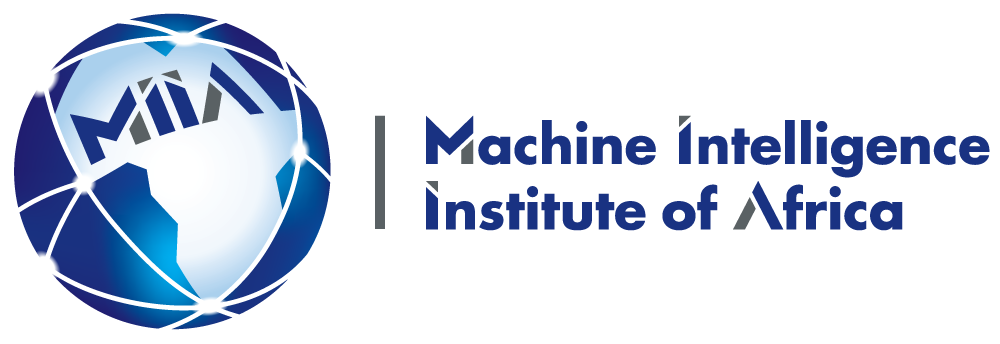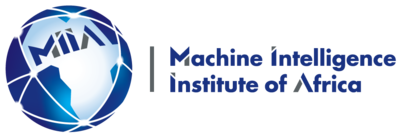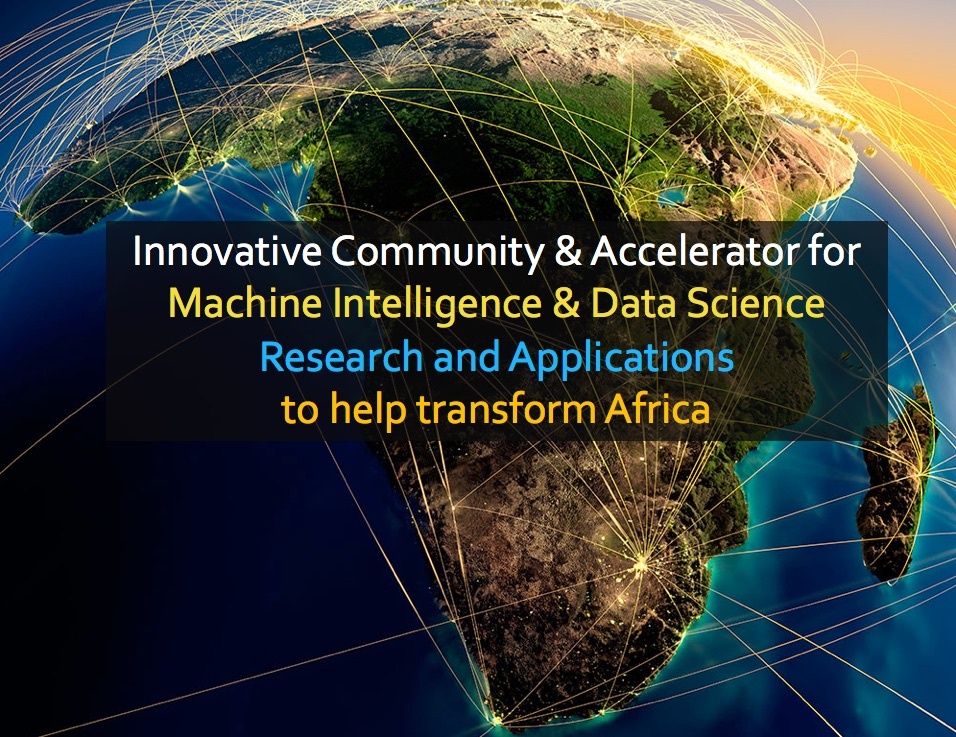
Launch of the Machine Intelligence Institute of Africa (MIIA)
In follow-up to my previous blog about transforming Africa through technological innovation, we are excited to launch the new Machine Intelligence Institute of Africa (MIIA) website that now allows members to login via their LinkedIn profile, share ideas and contribute via blogs, register and participate in projects, and be notified of resources, events, and other activities that are relevant within a MIIA context. Selected blogs will also be published on MIIA’s LinkedIn page. All members are also encouraged to follow MIIA on LinkedIn and Twitter for updates and other correspondence.
In order to build an innovative community for Machine Intelligence and Data Science research and real-world applications in Africa, it is important for the MIIA community to partner with academic, research, and non profit organisations as well as business, startup incubators, and government organisations on MIIA projects, events and activities. As illustrated in Figure 1 below, we envision MIIA’s projects to be broadly classified into research, technology and application categories, whereas network and learning activities initially constitutes of supporting entrepreneurial activity, blogging and sharing, events and conferences, as well as training and mentoring activities.
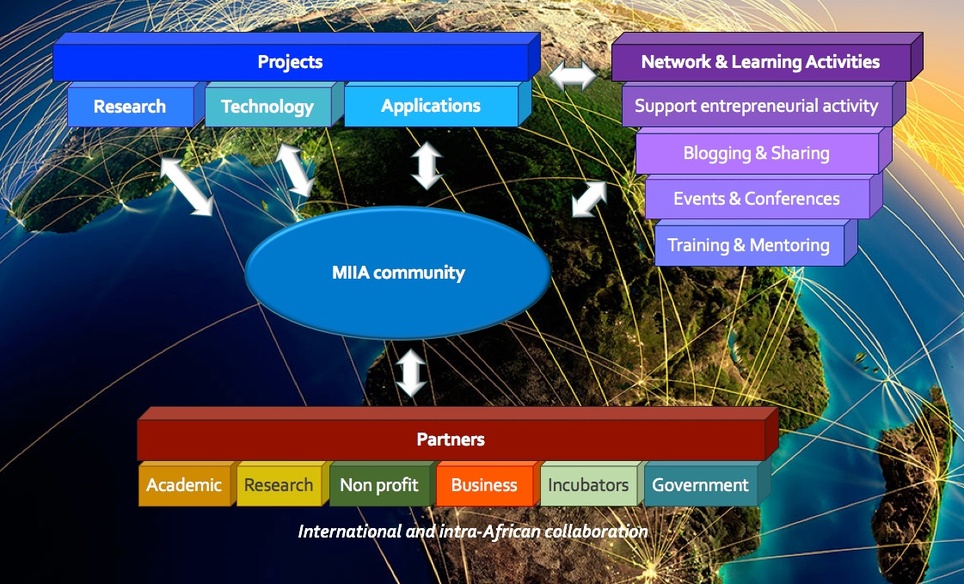
Figure 1 MIIA community collaboration with Partners with respect to Projects and Network & Learning Activitities
To provide some further structure to the project categorisation, Figure 2 outlines a framework for research, technology and application related projects which follows some of the high-level categories as defined in Bloomberg Beta’s 2016 machine intelligence landscape (see machine intelligence ecosystem as well as Figure 6 below for details). In order to take advantage of some of the state-of-the-art open source and commercial software (which include some tech user tools and platforms), we would like to see groups within the MIIA community to start collaborating on projects that utilises these and other software for research, technology and real world applications within the African context. As we envisage many of the industries listed below to be fully impacted by the application of Machine Intelligence technologies, a number of them are of particular importance to the socio-economic needs of Africa such as Healthcare, Education, Agriculture, Utilities (especially Energy and Water) and Finance (especially Mobile Financial Services). There is also tremendous opportunity to utilise machine intelligence technologies to support and optimise government services and infrastructure projects across the continent. Other application categories include Enterprise related systems support, Agents, and Autonomous systems (industrial, air, ground, and sea). Research and technology related projects can for example include collaboration on machine intelligence open source projects, advancing the state-of-the-art in machine intelligence, specific research with partners, as well as collaboration on studies, papers, and books. Figure 3 shows some example industry and enterprise tools, systems, agents that can be utilised in research, technology and application related projects.
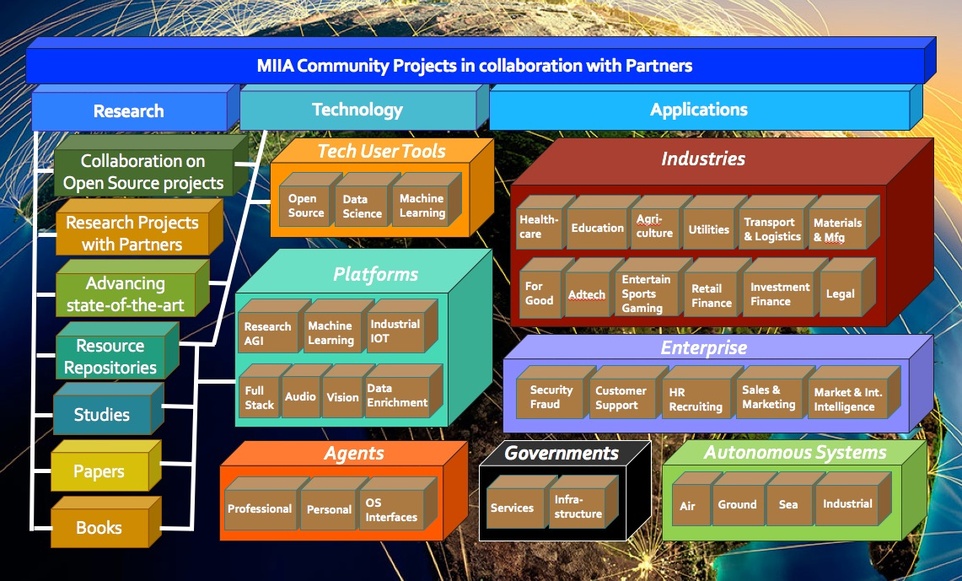
Figure 2 Framework for Research, Technology and Application related projects
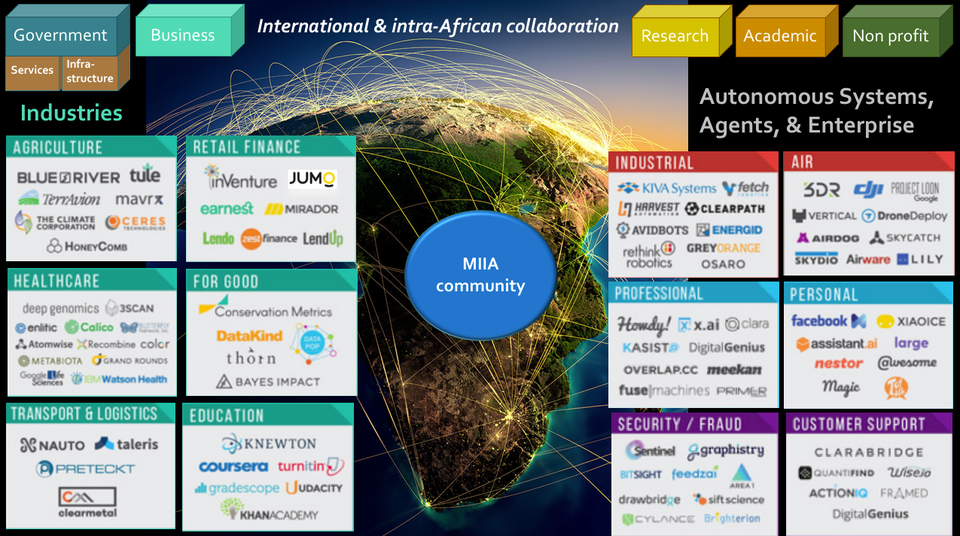
Figure 3 Some example industry and enterprise tools, systems, agents that can be utilised in Research, Technology and Application related projects
Figure 4 illustrates some example platforms and tech user tools that can be utilised in research, technology and application related projects via international & intra-African collaboration. We envisage groups within the MIIA community to utilise a broad range of machine intelligence technologies which also includes, for example, Deep Learning, Deep Reinforcement Learning, Probabilistic Graphical Models, Hierarchical Temporal Memory, etc. via a range of open source programming and scripting languages and rich libraries (see, for example, rich ecosystems of cutting-edge packages provided by Python and R) as well as collaborate on open source Machine Intelligence projects such as TensorFlow, Spark MLlib, Theano & Pylearn2, Caffe, Torch7, Numenta, Scikit-Learn, DeepLearning4j, MS DMLT, etc. There are also a range of data science and machine learning tools and platforms available that can be utilised such as IBM Watson, AlchemyAPI, Oxdata H2O, Azure Machine Learning & Cortana Analytics, Rapidminer, Dato, Cortical.io, Domino, MetaMind, etc.
As a Machine Intelligence and Data Science organisation we also see MIIA collaborating with other non profit organisations operating in the Machine Intelligence, Artificial Intelligence and Data Science space such as OpenAI, MIRI, CODATA, Data Science Association, MIR Labs, etc. There are also plenty online resources available for Machine Intelligence and Data Science practitioners such DeepLearning.net, Data Science Central, KDnuggets, FastML, Galvanize, Quora – Data Science, Data Science Masters, Data Science Academy, DeepLearning.University, and many more as listed on NGDATA as well as KDnuggets – best data science online courses. On the academic or research side, there are many research groups and labs in this space that are worth considering to follow and/or collaborate with – as an example, see Deep Learning Research Groups. Within the African context, see also Figure 5 for a list of some of the top academic and research organisations on the African continent.
We would like to encourage the MIIA community to propose as many project ideas as possible, which can go through a filtering, categorisation, evaluation and prioritisation process. The MIIA organisation will aim to fund and/or getting funding for some of these projects that are well-defined, properly resourced and adheres to specified criteria of the sponsors. In a next blog, we’ll provide more details in this regard. In the mean time, please send your project ideas, suggestions, and comments to info@machineintelligenceafrica.org or post a blog on the MIIA website.
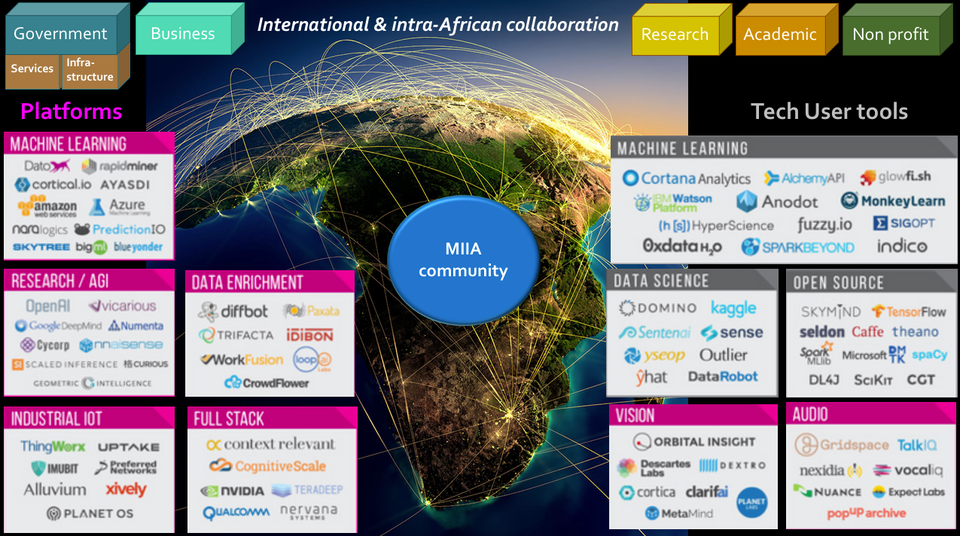
Figure 4 Some example platforms and tech user tools that can be utilised in Research, Technology and Application related projects
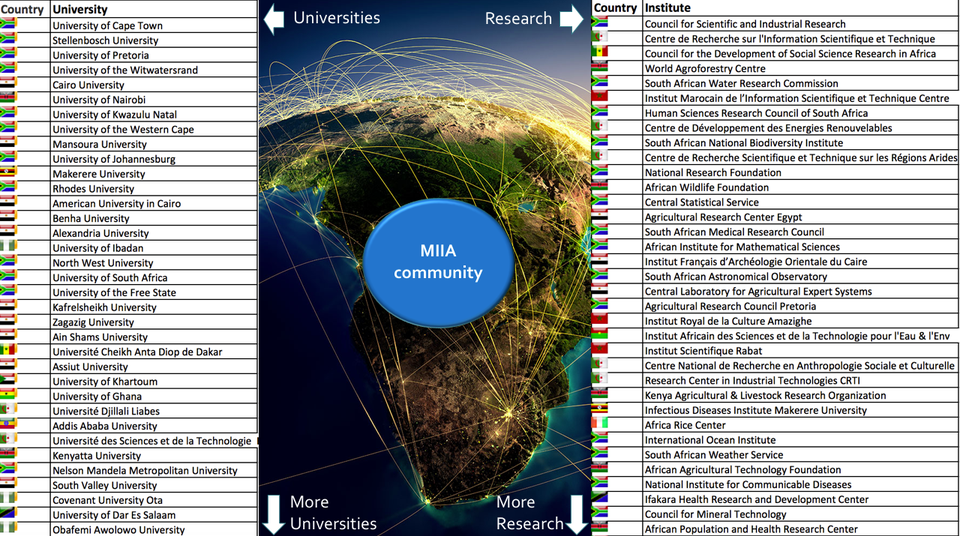
Figure 5 Some of the top academic and research organisations on the African continent.
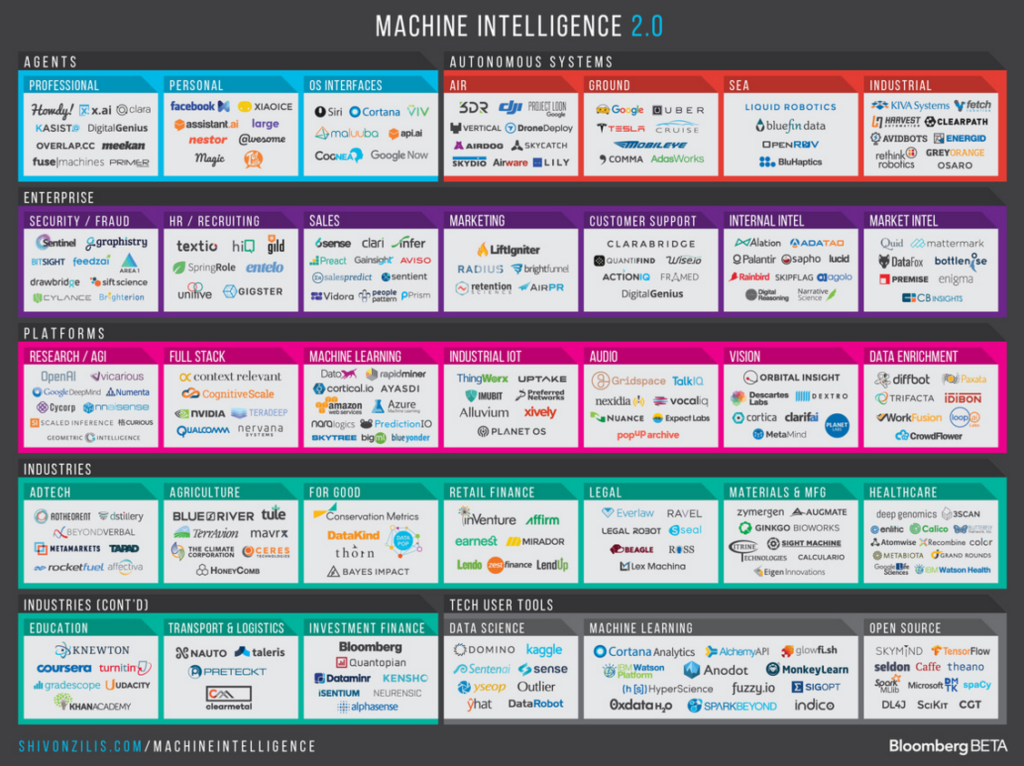
Figure 6 Machine Intelligence landscape
